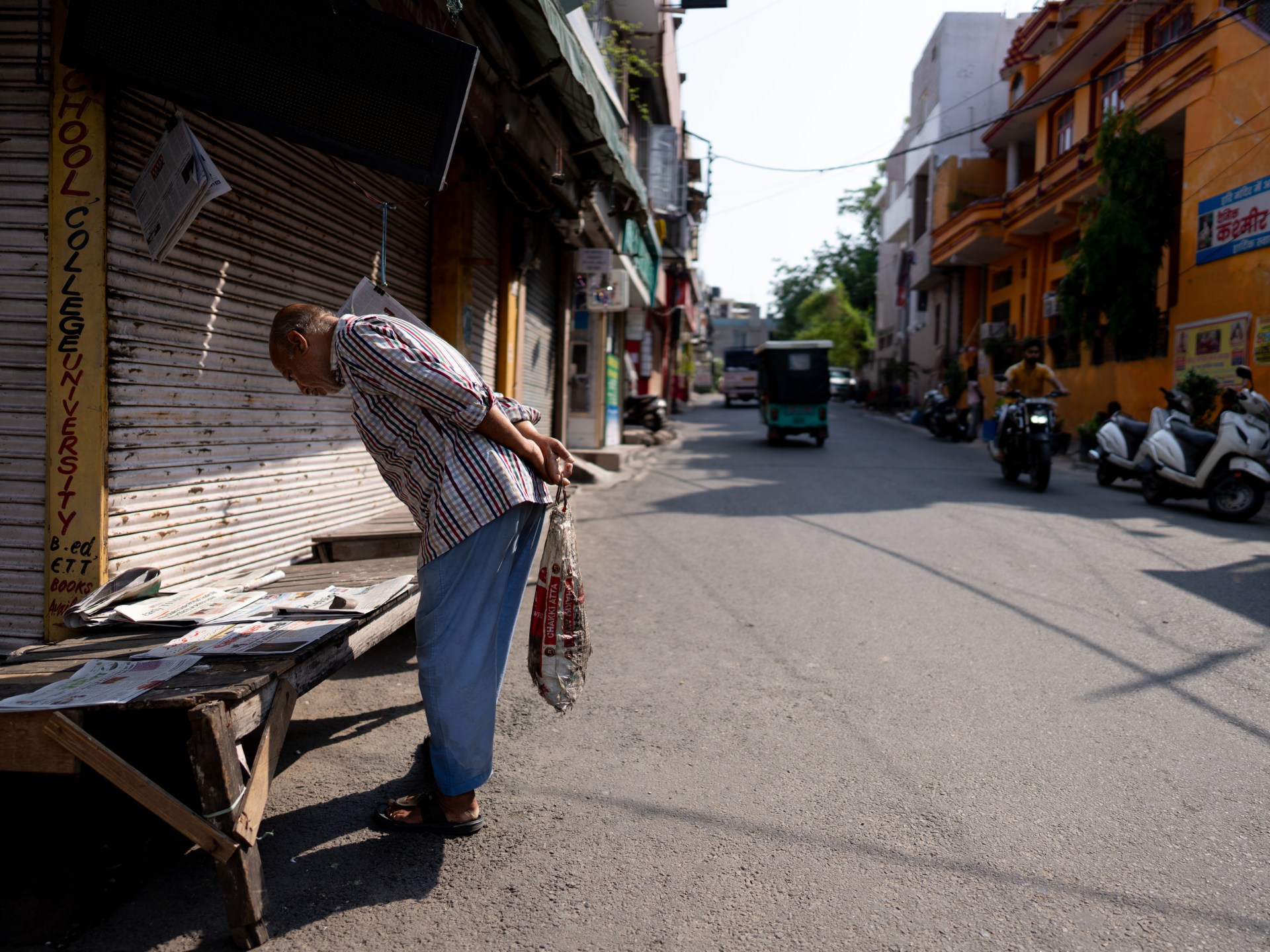Kashmir Times Office Raided in Jammu: Press Freedom Concerns Mount in Indian-Administered Territory
 India
Press Freedom
India
Press Freedom

Police raided Kashmir Times office in Jammu, sparking press freedom fears. Authorities allege anti-state activities, but the outlet calls it baseless, backed by
Crackdown on Media Intensifies as Kashmir Times Office Raided in Jammu
Concerns over the dwindling state of press freedom in Indian-administered Kashmir have escalated following reports of a police raid on the offices of the prominent newspaper, Kashmir Times, in Jammu. The operation, carried out by the State Investigation Agency (SIA), a division of the Jammu and Kashmir Police, on Thursday, has sent ripples through the media community and international press freedom organizations.
The Allegations and a Resolute Denial
While official statements from the police agency regarding the raid remain elusive, various news outlets have indicated that authorities accuse the Kashmir Times of engaging in activities detrimental to the state. However, the newspaper has vehemently refuted these allegations, characterizing the search as a direct attempt to silence its independent voice.
In a statement published on its website, the Kashmir Times declared the accusations “bizarre” and “baseless.” The publication underscored the fundamental difference between critiquing governmental actions and being hostile to the state, asserting, “Criticising the government is not the same as being inimical to the state. In fact, it is the very opposite.”
The Indispensable Role of a Free Press
Highlighting the crucial role of journalism in a healthy democracy, the Kashmir Times emphasized that a robust and questioning press is essential for accountability. “Our work of holding power to account, investigating corruption, amplifying marginalised voices strengthens our nation. It does not weaken it,” the statement affirmed, positioning its journalistic efforts as a service to the nation rather than an act of defiance.
International Outcry from Press Freedom Advocates
The Committee to Protect Journalists (CPJ), a global advocate for press freedom, swiftly condemned the raid, voicing profound apprehension regarding the increasing pressure faced by media organizations in Jammu and Kashmir. Kunal Majumder, CPJ's Asia-Pacific programme coordinator, demanded a clear explanation of the legal basis for the action from authorities, stressing the importance of transparency and due process in any investigation.
Majumder reiterated that news outlets should not be subjected to punitive measures simply for fulfilling their journalistic duties, calling for the return of any confiscated documents or property.
Kashmir's Contentious Status and Media Scrutiny
This incident unfolds against a backdrop of significant political changes in the region. In 2019, India unilaterally revoked the special constitutional status of Indian-administered Kashmir, which had previously granted it a degree of autonomy. The government subsequently bifurcated the region into two federally administered territories: Jammu and Kashmir, and Ladakh. These areas are now governed directly from New Delhi.
Kashmir, a Muslim-majority region, remains a focal point of a long-standing territorial dispute between India and Pakistan, who have fought multiple wars over the territory since the 1947 partition of British colonial India. Both nations maintain claims over the entirety of Kashmir, with India controlling the southern and southeastern parts, including the Kashmir Valley, its capital Srinagar, Jammu, and Ladakh, while Pakistan administers the northern and western portions, known as Azad Kashmir, Gilgit, and Baltistan.
Such actions against media outlets fuel broader anxieties about the erosion of democratic freedoms and the suppression of dissenting voices in a geopolitically sensitive and disputed territory.